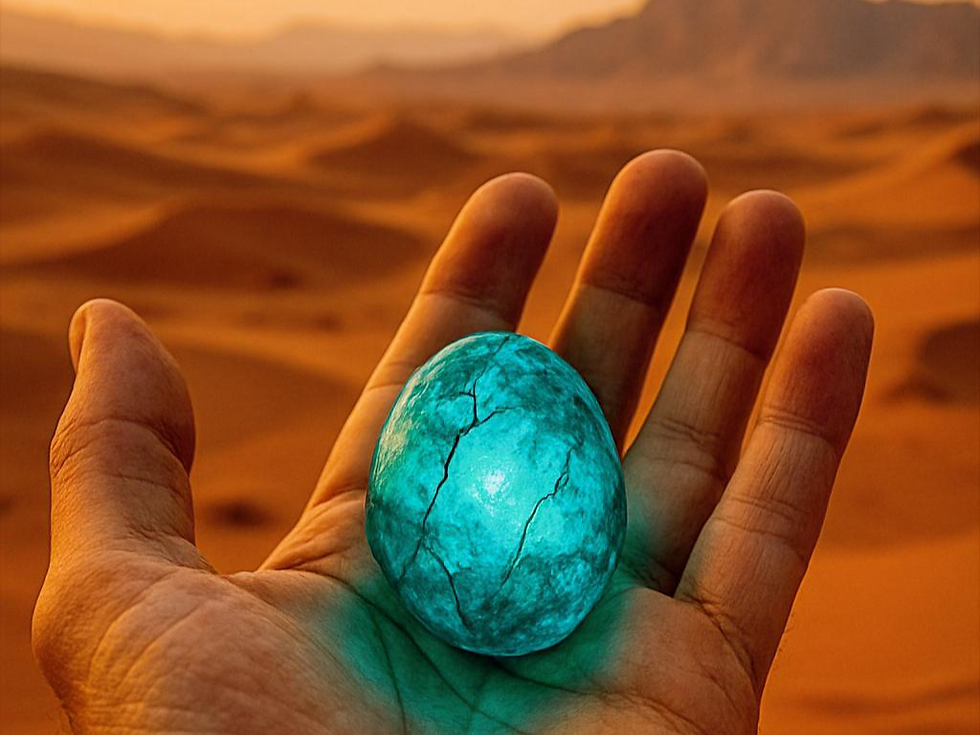The Gift Returned Unopened
- Ted Garcia
- Jul 4, 2025
- 2 min read
Updated: Jul 26, 2025
Welcome back to The Noticing Stone. Whether this is your first visit or your fiftieth, I’m glad you’ve paused here a moment. The stone, after all, waits patiently—and so does the breath.
Today’s reflection centers on a line from a recent tale shared in our growing book of stories:
“The moment we name something ‘later’, we begin forgetting how to meet it now.”
This phrase lingers. Like a coat left draped over a chair by someone who said they’d be right back… but never returned. It reminds us that mindfulness isn’t found in urgency or performance—it’s found in willingness. The willingness to meet what’s here before it’s shelved in the language of delay.
Let’s begin with the story that inspired that line.
The Gift Returned Unopened.
Once there was a man who received a parcel wrapped in reed paper and tied with silk thread.
It had no name on the outside. No note. No instructions. He turned it over once. Then again.
Then placed it on the shelf.
“When the time is right,” he said, “I’ll open it.”
But the right time never came. The parcel sat through winter, spring, storms, and celebrations. Years passed. The man moved from house to house. Packed and unpacked.
The parcel always made the journey—
still unopened. Still waiting for the right moment.
One day, as he prepared to leave the world, he finally reached for it. But the reed paper had softened. The thread crumbled. And when he opened it, there was nothing inside.
Just a note: “This was not meant to be kept. It was meant to become.”
He stared for a long time. Then smiled. Not sadly—but as one who had just remembered the smell of thyme in sunlight.
Here at The Noticing Stone, we hold space for small practices: pausing, noticing, and returning. Sometimes that return is as simple as reaching for a pebble in your pocket and letting it remind you: this is the moment I had planned to meet later. And here it is, already waiting in your hand.
The Science Beneath the Story.
1. Present-moment awareness reduces reactivity.
Research from Harvard suggests that our minds wander nearly 47% of the time, and that mind-wandering is linked with decreased happiness (Killingsworth & Gilbert, 2010). When we pause—even briefly—we reclaim the present as our home, not just our transit point.
2. Objects of tactile focus promote grounding.
A study on somatic regulation (Ogden et al., 2006) shows that using physical touch to anchor awareness—like holding a stone—can calm the nervous system and improve emotional resilience.
Next time you hear yourself say, “I’ll do it later,” reach instead for your Noticing Stone.
Let its weight remind you: presence doesn’t ask for more time—just less hesitation.
That’s mindfulness in the palm of your hand.
Until next time—walk gently and meet NOW while it's still calling you by name.






Comments